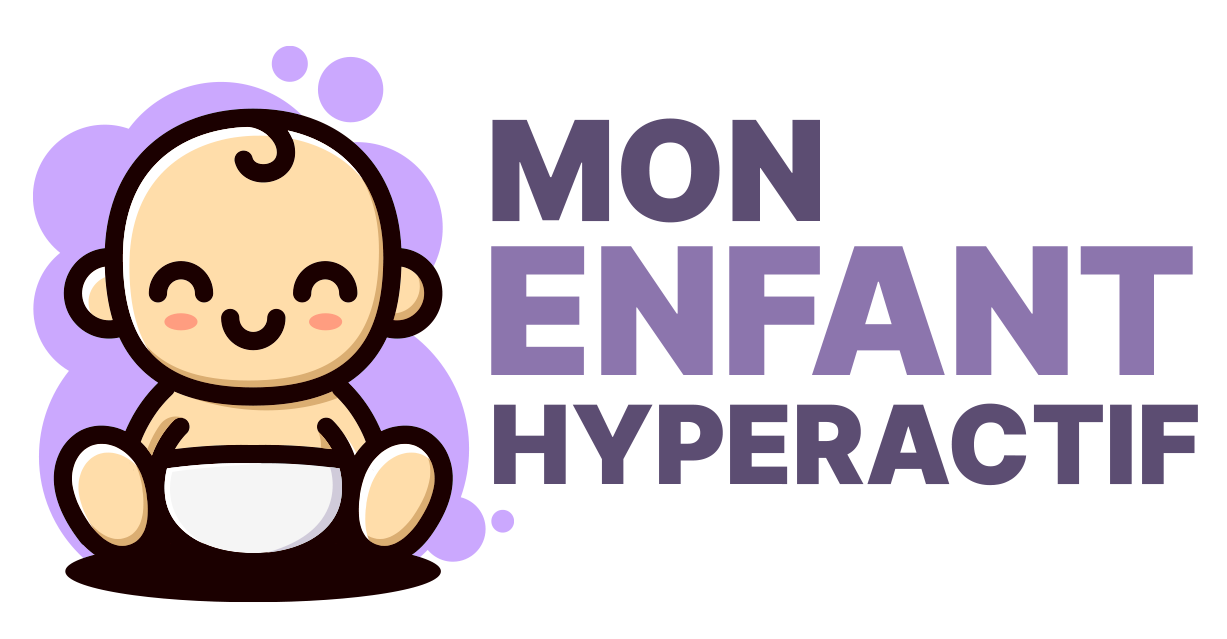School can have a bad influence on an ADHD child for several reasons. Firstly, ADHD children are often bullied. Other children see them as different and reject them. This can have a negative impact on their self-esteem and confidence. In addition, school can be a very stimulating environment for ADHD children. Visual and auditory stimuli can disturb them and make it difficult for them to concentrate. Finally, ADHD children often have difficulty keeping up with the pace of school. They may have difficulty understanding the concepts being taught and following instructions. This can be frustrating and discouraging.
School can be a very difficult environment for ADHD children. ADHD children often find it difficult to concentrate and follow school rules. They can also be bullied because of their difference. School can therefore have a bad influence on an ADHD child.
ADHD children need a lot of help and support from their parents and teachers. Parents should be involved in their child's school life and work closely with teachers. Teachers also need to be aware of the ADHD child's condition and how to help him/her to concentrate and succeed at school.
When can school have a bad influence on a child with ADHD?
School can have a bad influence on an ADHD child because there are many distractions and visual and auditory stimuli. ADHD children often have difficulty concentrating and focusing on what they should be doing. They may also find it difficult to follow instructions and remember things.
School can also be difficult for ADHD children as they often have to deal with a complex social environment. ADHD children may find it difficult to understand other children and to make friends. They may also find it difficult to deal with stress and conflict.
School can therefore be a difficult place for ADHD children. Fortunately, there are ways to help them better understand and manage their condition. Parents and teachers can work together to help ADHD children succeed at school.
School can have a bad influence on an ADHD child as it can accentuate the symptoms of hyperactivity and impulsivity. ADHD children often find it difficult to concentrate in class and may have difficulty following rules and instructions. They may also experience discrimination and harassment from other students.
School can therefore be a difficult environment for ADHD children. Parents and teachers need to work together to help ADHD children succeed at school.
Parents and teachers can help ADHD children by :
- providing a structured environment and setting clear rules;
- encouraging positive behaviour and rewarding good actions;
- by being patient and helping ADHD children learn to channel their energy;
- working with medical teams and education professionals to help the ADHD child succeed.
Conclusion
Although school can be a great place for some children with ADHD, it can also have a negative impact. The structure and environment of a typical school can be overwhelming for a child with ADHD, and the child may have difficulty keeping up with the pace of the class. In addition, the child may experience bullying or social isolation from classmates. If the child does not receive appropriate support from teachers and school staff, the negative effects of school can be amplified.



